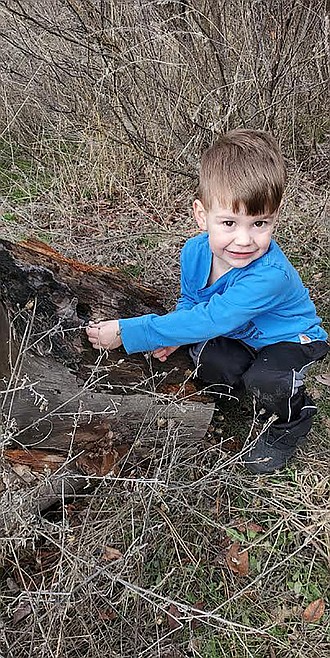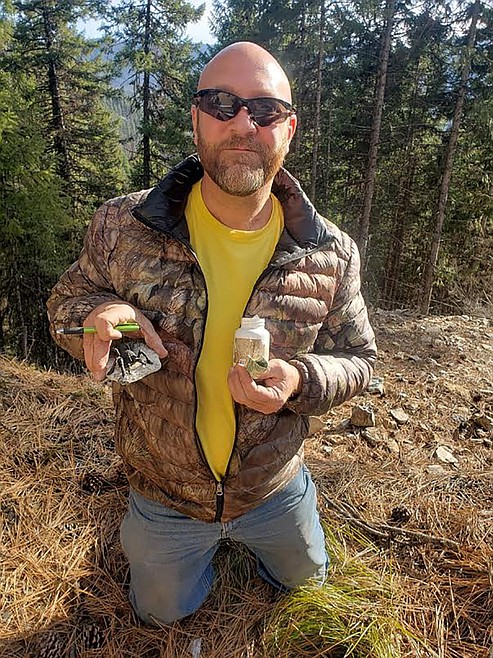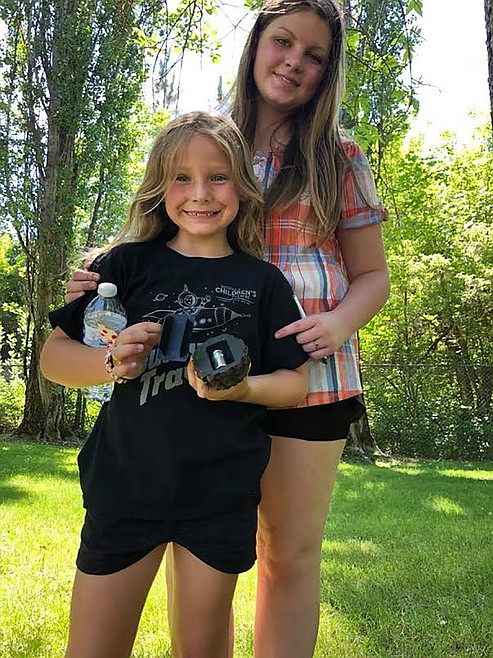21st century treasure hunt: Geocaching
Springtime in Montana provides ample opportunities for outdoor recreation. Now is the season for many to take to the forests to hunt for coveted morel mushrooms, or prized deer or elk sheds. ...
Become a Subscriber!
You have read all of your free articles this month. Select a plan below to start your subscription today.
Already a subscriber? Login





